Immunohistochemical (IHC) Tumor Markers | Common Breast Cancer Diagnostics
06 Aug 2025
by AntBio
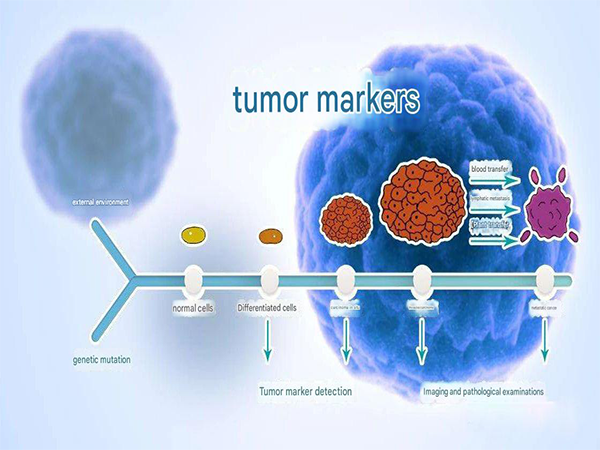
Breast cancer, a common type of malignant tumor, poses a significant threat to women's health. However, with the continuous advancement of medical technology, we now have more precise and effective detection methods, which provide strong support for the early detection and treatment of breast cancer.
In this article, we will delve into the IHC detection technology for breast cancer and introduce the breast cancer-related antibodies launched by StarMab Bio, which are designed to safeguard your health.
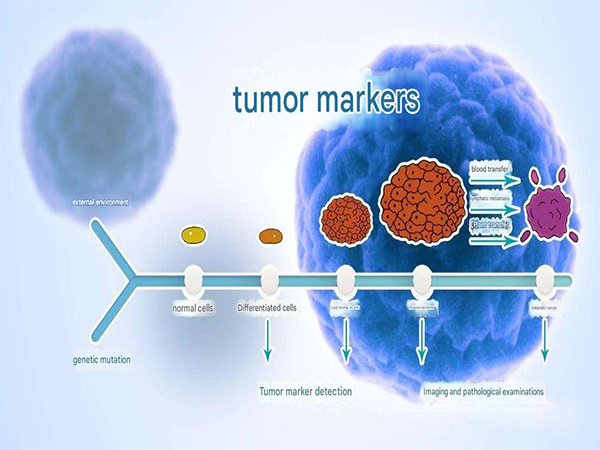
IHC Detection Technology: A Powerful Tool for Identifying Breast Cancer
Immunohistochemistry (IHC) is a cell chemical method that detects antigens by labeling specific antibodies. In breast cancer detection, IHC technology is widely used for the detection of breast cancer-related antigens such as HER2, ER, and PR. Among them, the detection of HER2 protein overexpression is of great significance for guiding targeted therapy. StarMab's breast cancer-related antibodies are precisely developed based on IHC technology, providing reliable tools for the accurate diagnosis and treatment of breast cancer.
StarMab Breast Cancer-Related Antibodies
1.ErbB2
HER2 (ErbB2) is a member of the human epidermal growth factor receptor (HER/EGFR/ERBB) family. However, unlike other members of the ERBB family, HER2 does not directly bind to ligands. For instance, in cancer, the activation of HER2 originates from heterodimerization with another ERBB member or homodimerization when HER2 concentration is high. The amplification or overexpression of the HER2 gene promotes tumor growth and progression. Patients with HER2-positive breast cancer typically have higher tumor proliferation activity, stronger invasiveness, and shorter survival periods. In recent years, this protein has become an important biomarker and therapeutic target for approximately 30% of breast cancer patients.
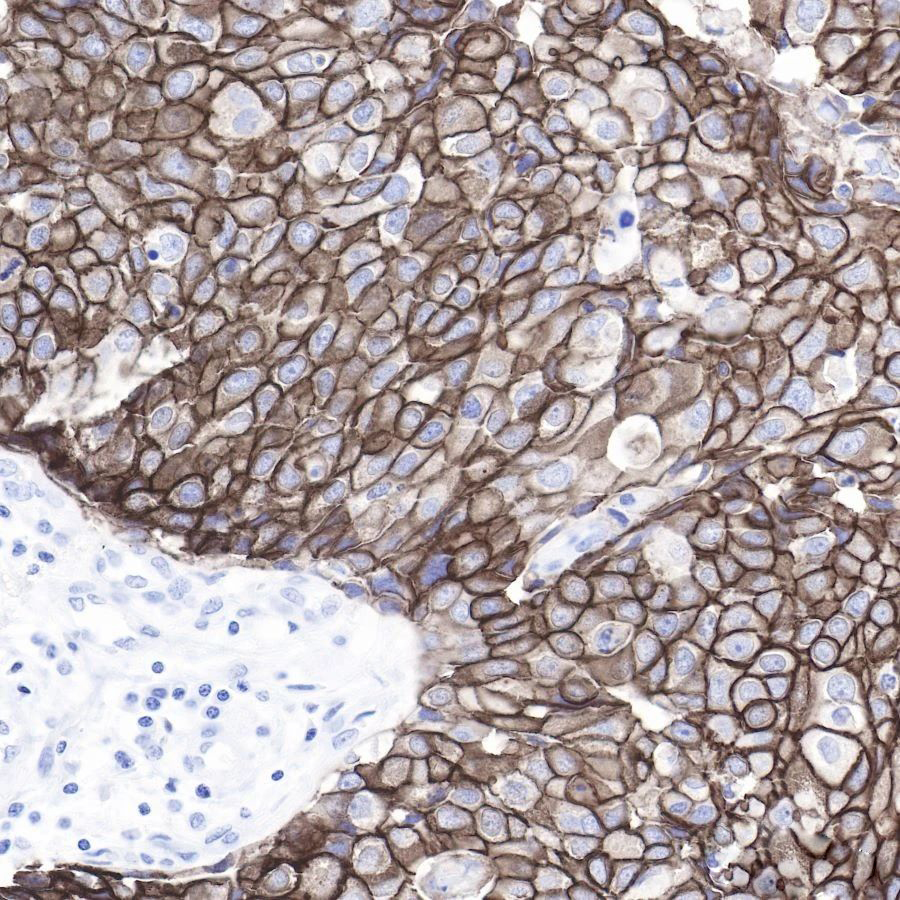
Catalog Number: S0B2078
Antibody Name: ErbB2 Recombinant Rabbit mAb
Tissue Type: Human Breast Cancer
IHC Staining Localization: Cell Membrane
Antigen Retrieval Solution: Tris/EDTA (pH 9.0)
Retrieval Method: High-Temperature High-Pressure
2.LIV-1/SLC39A6
The zinc transporter LIV-1 (SLC39A6) is regulated by estrogen. SLC39A6 is a member of the ZIP transporter family, which controls zinc homeostasis by regulating the influx of zinc from the extracellular to the intracellular environment. The zinc transport function of SLC39A6 plays a crucial role in cellular metabolism. Zinc is required for various cellular processes, including immune activity, protein synthesis, nucleic acid metabolism, cell proliferation, tissue repair, and cell division. Low zinc levels can lead to metabolic disorders and inhibit cell growth. Overexpression of SLC39A6 is associated with the progression of several cancers, including breast cancer, prostate cancer, pancreatic cancer, cervical cancer, and liver cancer. Overexpression of SLC39A6 promotes epithelial-mesenchymal transition (EMT).
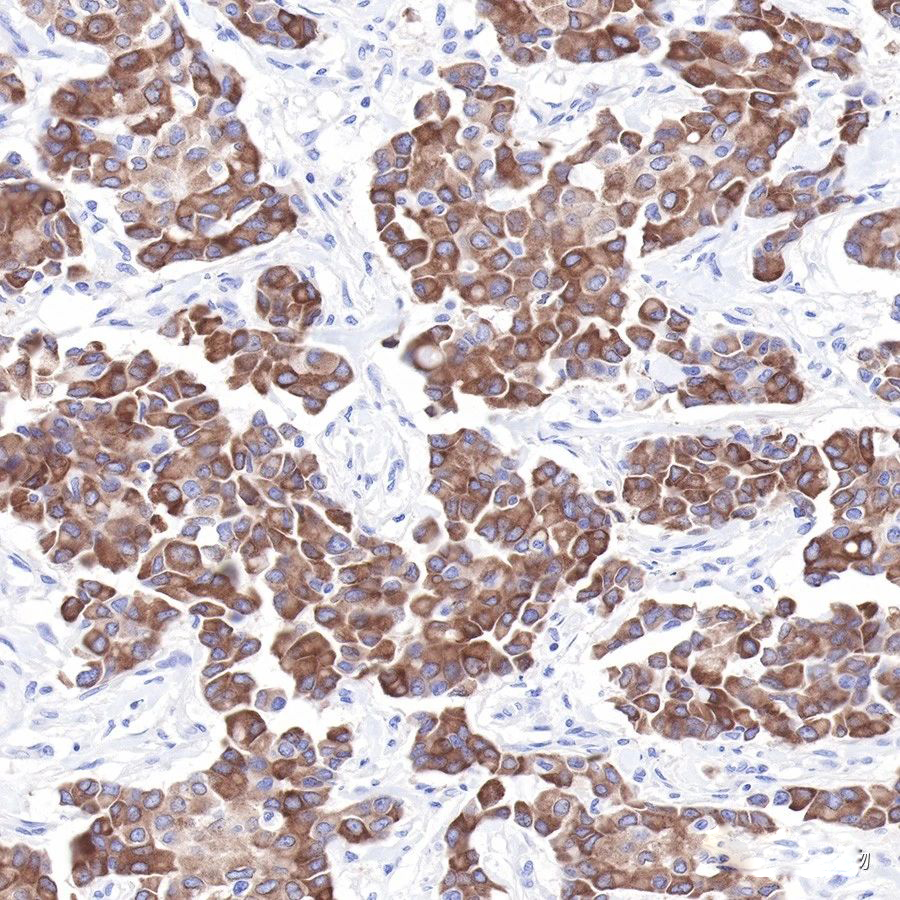
Catalog Number: S0B0023
Antibody Name: LIV-1/SLC39A6 Recombinant Rabbit mAb
Tissue Type: Human Breast Cancer
IHC Staining Localization: Cell Membrane, Cytoplasm
Antigen Retrieval Solution: Tris/EDTA (pH 9.0)
Retrieval Method: High-Temperature High-Pressure
3.Mammaglobin A
Mammaglobin-A is a novel breast cancer-associated antigen initially identified through a differential screening approach. It has been demonstrated that MGBA has several characteristics that make it a potential target for immunotherapy. Gene expression analysis of over 20 different human tissues indicates that MGBA is almost exclusively expressed in normal breast epithelium and breast cancer. MGBA is overexpressed in up to 80% of primary and metastatic breast cancers.
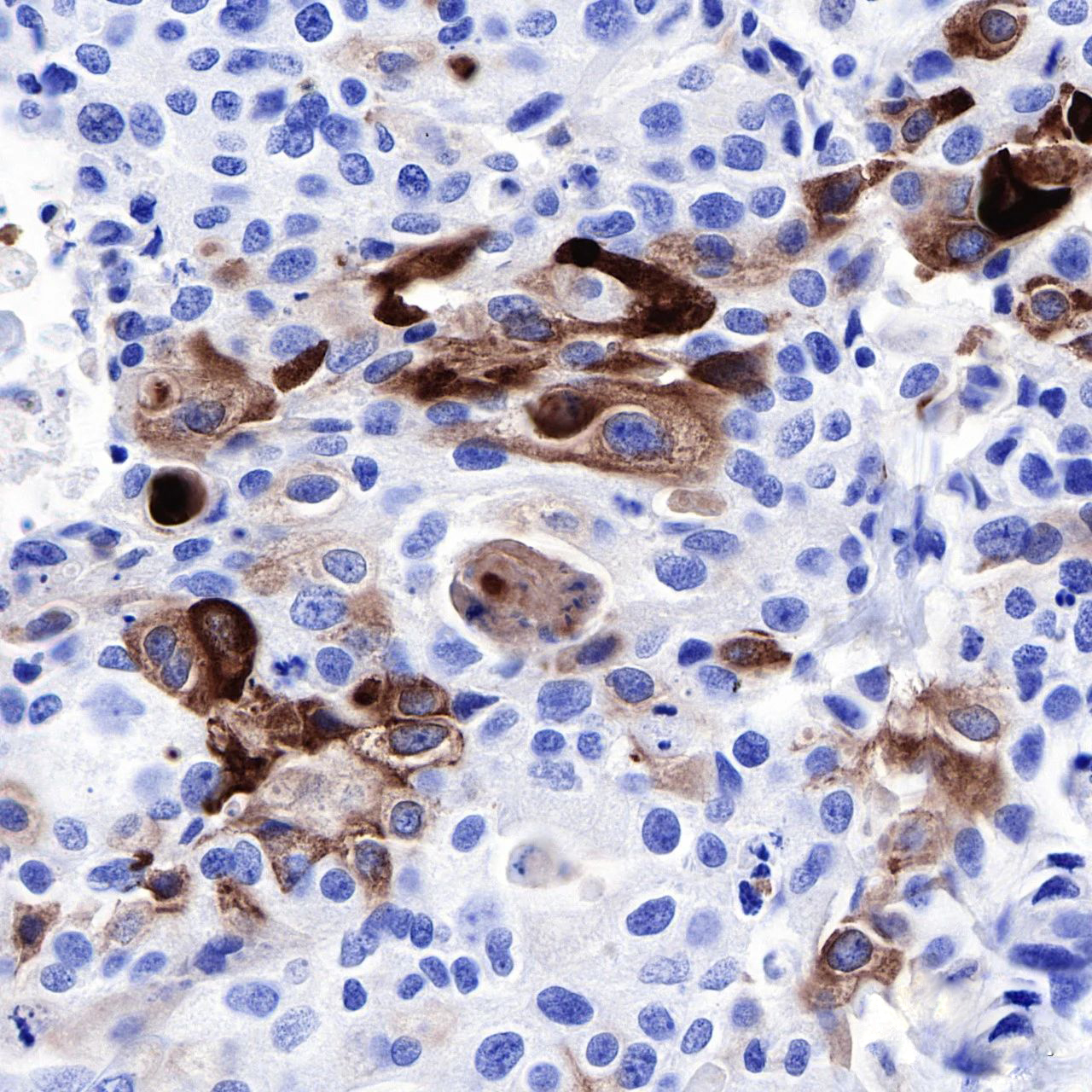
Catalog Number: S0B2096
Antibody Name: Mammaglobin A Recombinant Rabbit mAb
Tissue Type: Human Breast Cancer
IHC Staining Localization: Cytoplasm
Antigen Retrieval Solution: Tris/EDTA (pH 9.0)
Retrieval Method: High-Temperature High-Pressure
Continuous Innovation to Support Breast Cancer Prevention and Treatment
StarMab Bio will continue to be committed to developing more high-quality breast cancer-related antibodies to provide strong support for the advancement of IHC detection technology. By continuously improving the specificity and sensitivity of detection, we hope to assist doctors in better diagnosing and treating breast cancer, allowing more patients to regain their health and hope.
StarMab® Products
Click on the product catalog numbers below to be redirected to the official website for more details.
Product Information
| Gatalog Num | Product Name | Product Parameters | Price |
| S0B2146 | S-RMab® p53 Recombinant Rabbit mAb (SDT-R118) | Host : Rabbit | $880 |
| S0B0023 | LIV-1/SLC39A6 Recombinant Rabbit mAb (SDT-206-84) | Host : Rabbit | $45 |
| Conjugation : Unconjugated | |||
| S0B2096 | Mammaglobin A Recombinant Rabbit mAb (SDT-R065) | Host : Rabbit | $880 |
| S0B2037 | PD-1 Recombinant Rabbit mAb (SDT-035-25) | Host : Rabbit | $880 |
| Conjugation : Unconjugated | |||
| S0B2074 | S-RMab® ErbB2 Recombinant Rabbit mAb (SDT-069-57) | Host : Rabbit | Inquiry |
| S0B2078 | ErbB2 Recombinant Rabbit mAb (SDT-069-10) | Host : Rabbit | Inquiry |
| S0B2109 | Caveolin-1 Recombinant Rabbit mAb (SDT-065-20) | Host : Rabbit | $880 |
| S0B2112 | S-RMab® E-Cadherin Recombinant Rabbit mAb (SDT-R088) | Host : Rabbit | $880 |
| S0B2103 | alpha smooth muscle Actin (SMA) Recombinant Rabbit mAb (SDT-132-63) | Host : Rabbit | Inquiry |




